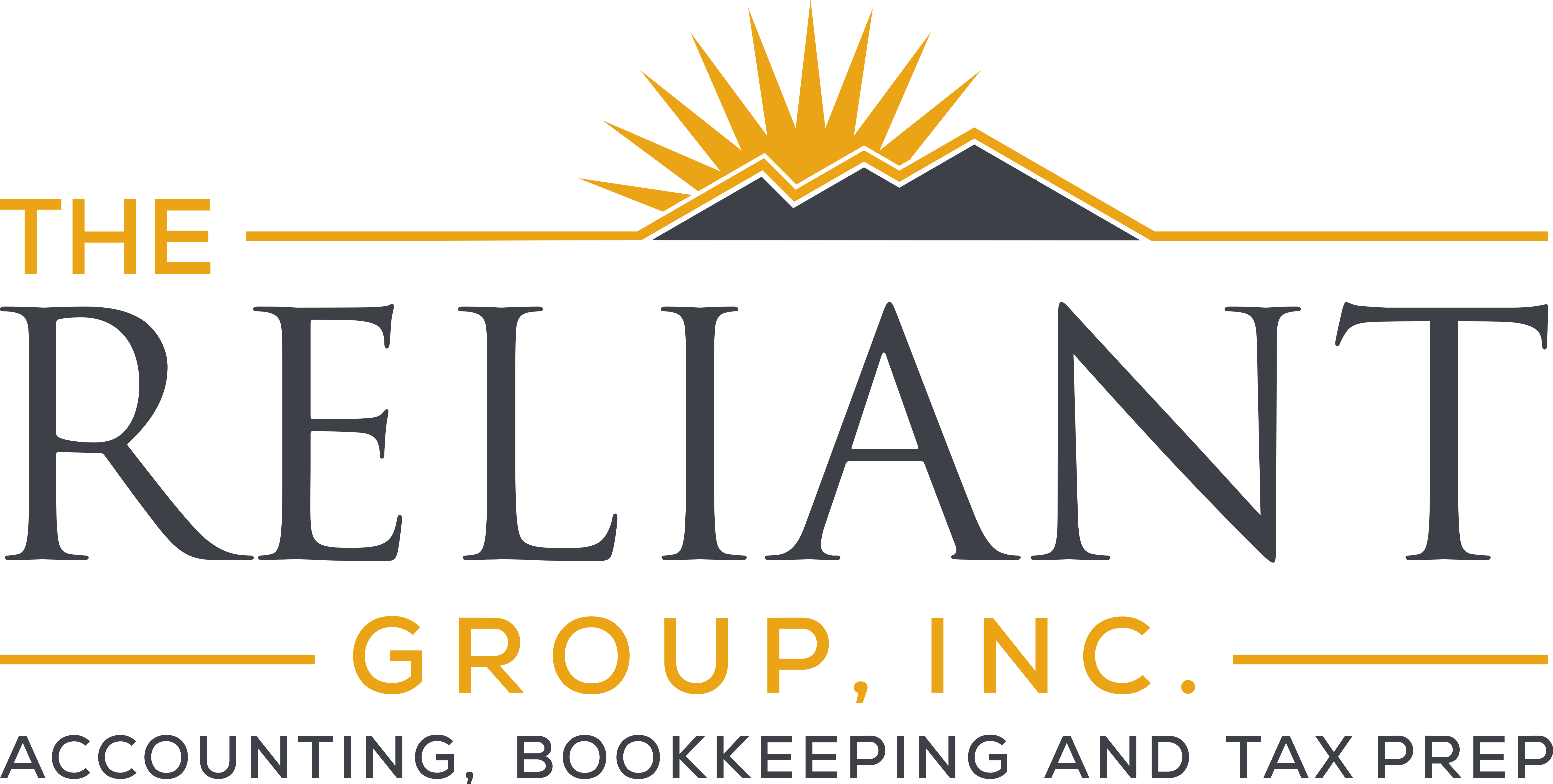
Transitioning from DIY Accounting to Professional Services: A Small Business Path
In the early days of starting a small business, wearing multiple hats was often the norm. You find yourself not only managing operations but also crunching numbers, handling invoices, and ensuring payroll is met on time. It’s a hustle that many entrepreneurs are familiar with, but as your business grows, so do the complexities of managing its financial aspects.
We’ll explore the journey of transitioning from handling your accounting to outsourcing these critical tasks to a professional company and the benefits it brings along the way.
The DIY Dilemma
For many small business owners, handling accounting and payroll in-house seems like a logical choice initially. After all, it saves money and allows for a hands-on approach to financial management. However, as the business starts to expand, DIY accounting can quickly become overwhelming.
Managing accounts, tracking expenses, filing taxes, and ensuring compliance with regulations demands time and expertise. As the workload increases, dedicating sufficient time to core business activities becomes challenging. Moreover, the risk of errors or overlooking crucial financial details looms large, potentially leading to costly consequences down the line.
Signs It’s Time for a Change
Knowing when to transition from DIY accounting to professional services is crucial for the health and growth of your business. Here are some signs that indicate it might be time to make the switch:
- Growth Pains: Your business is expanding rapidly, and keeping up with the financial demands has become a struggle.
- Complexity Increases: The financial intricacies of your business, such as multiple revenue streams, complex tax regulations, or international operations, are becoming too much to handle alone.
- Time Constraints: You find yourself spending more time on accounting tasks than on core business activities, hampering productivity and growth.
- Compliance Concerns: Staying compliant with tax laws and regulations feels like navigating a maze, and you worry about potential penalties due to errors or oversights.
The Transition Process
Making the transition from in-house accounting to outsourcing to a professional firm requires careful planning and consideration. Here’s a step-by-step guide to help you navigate the process smoothly:
- Assess Your Needs: Evaluate your current accounting requirements and future growth projections. Identify pain points and areas where professional expertise could add value.
- Research and Shortlist: Research accounting firms or payroll services that specialize in small businesses. Look for firms with experience in your industry and positive client reviews.
- Consultation and Evaluation: Schedule consultations with shortlisted firms to discuss your needs, goals, and expectations. Evaluate their services, expertise, and pricing structures to find the best fit for your business.
- Transition Plan: Develop a transition plan in collaboration with the chosen firm. Define roles, responsibilities, and timelines for a smooth handover of accounting tasks.
- Training and Integration: Ensure seamless integration of the new accounting system or software. Provide necessary training to your team members involved in financial processes to ensure a smooth transition.
- Ongoing Communication: Maintain open communication with the outsourced accounting firm. Regularly review financial reports, discuss business insights, and address any concerns or updates.
Benefits of Outsourcing
Outsourcing accounting and payroll services offer numerous benefits for small businesses, including:
- Expertise and Accuracy: Professional accountants bring specialized knowledge and experience to ensure accurate financial reporting and compliance with regulations.
- Time and Cost Savings: Outsourcing allows you to focus on core business activities while saving time and money on hiring and training in-house accounting staff.
- Scalability: As your business grows, outsourced accounting services can easily scale to accommodate increased financial complexities and workload.
- Risk Mitigation: Professional firms stay updated with changing tax laws and regulations, reducing the risk of non-compliance and associated penalties.
- Business Insights: Access to timely and accurate financial data provides valuable insights for strategic decision-making and business planning.
Transitioning from DIY accounting to outsourcing to a professional firm is a significant milestone in the growth journey of any small business. By leveraging the expertise of external professionals, you can streamline financial processes, reduce risks, and focus on driving business growth and innovation.
Remember, the decision to outsource accounting services should align with your business goals, needs, and long-term vision. When considering outsourcing for your accounting, payroll, and tax preparation needs, we invite you to consider Reliant Group, Inc. as your trusted financial partner. With our proven track record of excellence and commitment to client satisfaction. We are dedicated to supporting your business’s financial success every step of the way.

